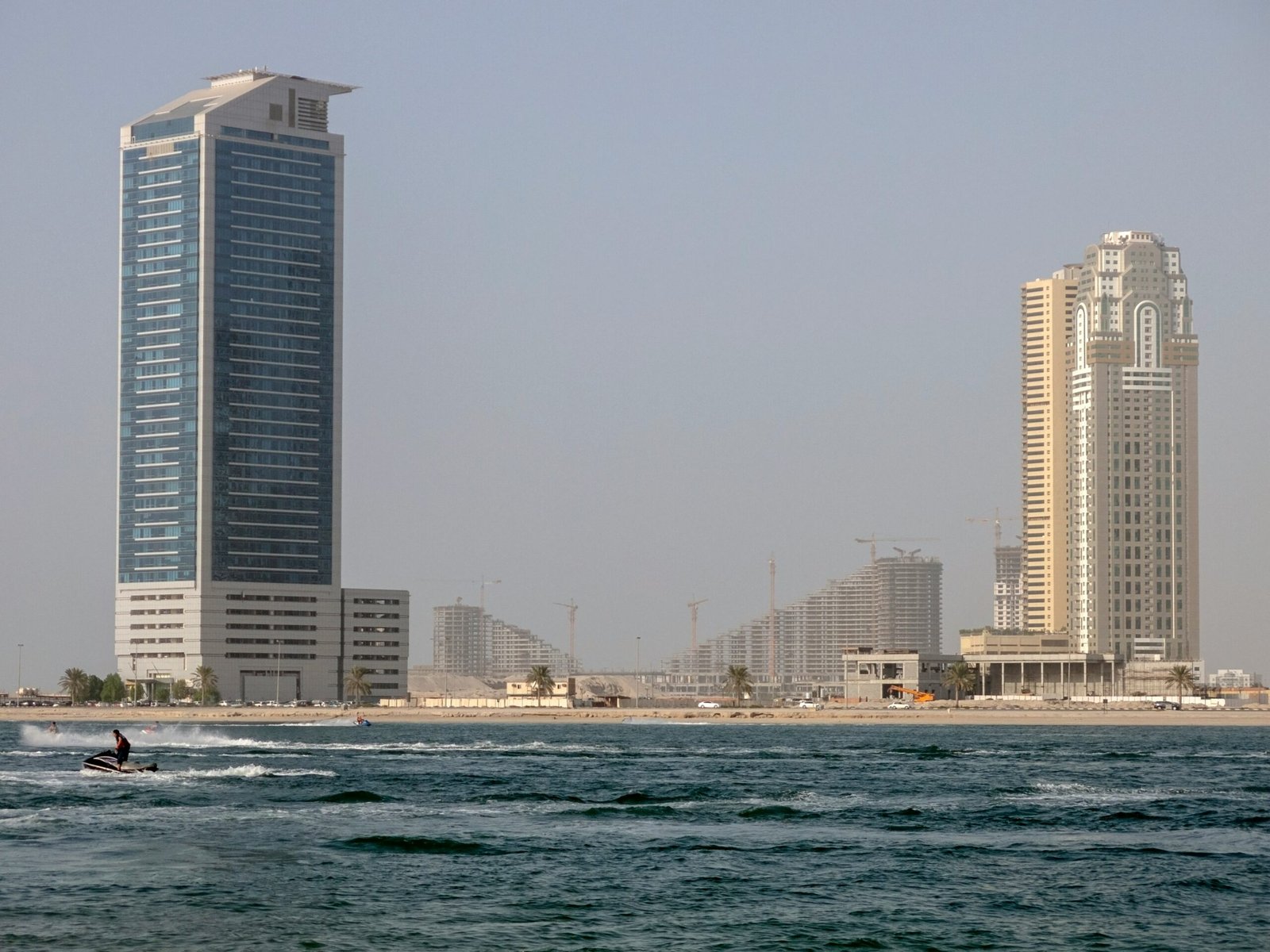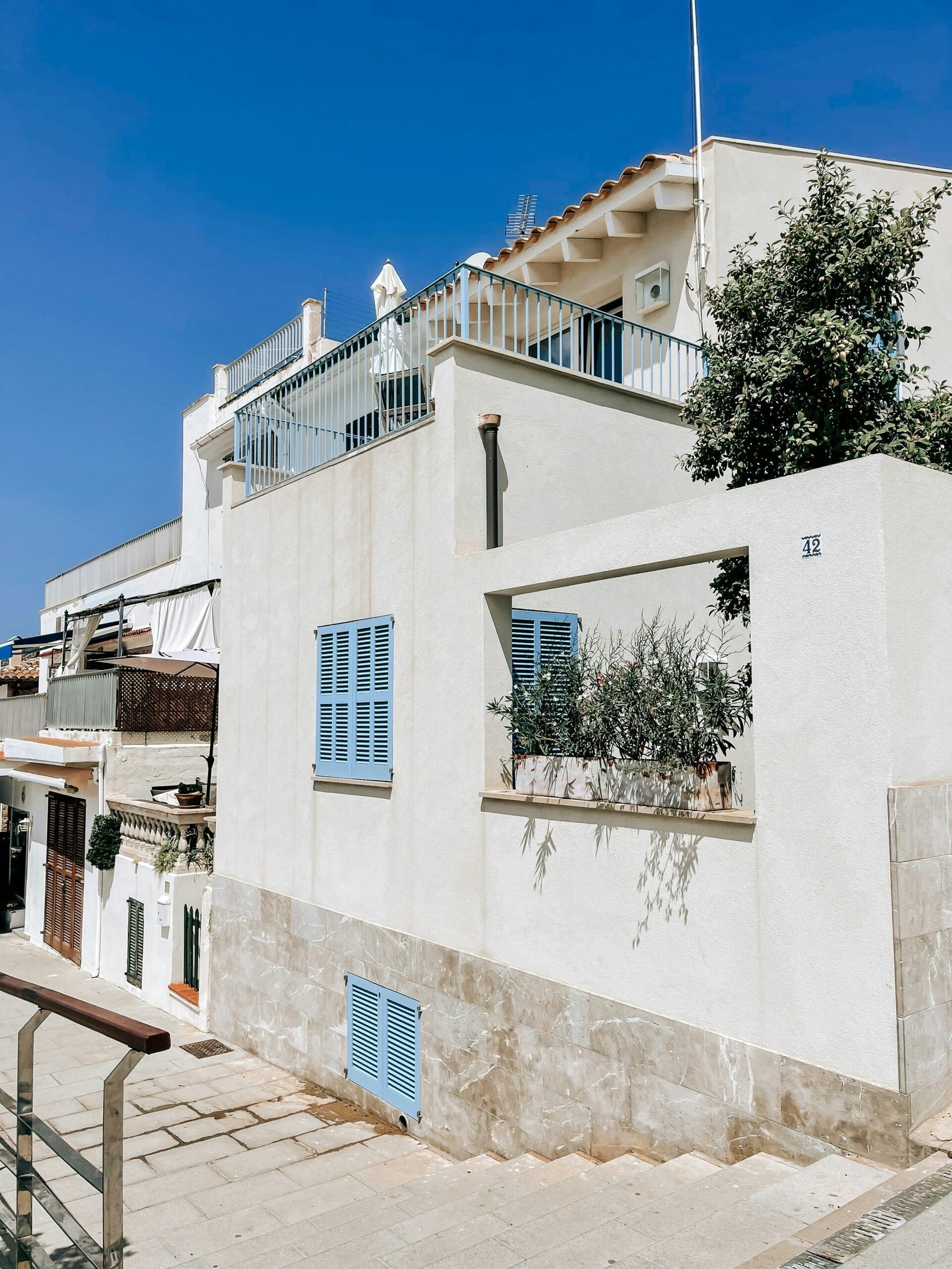Investing in real estate in the UAE is a popular option for both residents and international investors, thanks to the country’s stable economy, strategic location, and lucrative property market. Here’s a complete guide to help you navigate the process:
-
-
Understanding the Market
-
-
- Key Cities: The most popular cities for real estate investment are Dubai, Abu Dhabi, and Sharjah.

-
- Types of Properties: The market offers a wide range of properties, including residential (apartments, villas), commercial (office spaces, shops), and industrial properties.
- Market Trends: It’s essential to stay updated on market trends, including property prices, rental yields, and future developments.
-
-
Legal Framework
-
-
- Property Ownership: In Dubai and Abu Dhabi, non-GCC (Gulf Cooperation Council) nationals can purchase property in designated freehold areas.
- Ownership Types: Freehold ownership allows for complete ownership of the property and the land it stands on. Leasehold ownership, usually for 99 years, gives you the right to use the property but not the land.
- Regulatory Bodies: The Real Estate Regulatory Agency (RERA) in Dubai and the Department of Municipalities and Transport (DMT) in Abu Dhabi regulate the market.

-
-
Financing Your Investment
-
-
- Mortgage Options: Both residents and non-residents can obtain a mortgage from UAE banks, though the terms may vary. Non-residents usually get lower loan-to-value ratios.
- Interest Rates: These can range between 2.5% to 4.5% per anum, depending on the bank and the type of mortgage.
- Down Payment: Typically, a down payment of 20-25% is required for residents, and 30-35% for non-residents.
-
-
Property Search and Selection
-
-
- Real Estate Agents: Hiring a licensed real estate agent can help you find the best properties that fit your criteria.
- Due Diligence: Always check the developer’s reputation, the property’s title deed, and if there are any outstanding service charges.
- Property Viewing: Inspect the property thoroughly before making any commitments.

-
-
The Buying Process
-
-
- Initial Offer: Once you’ve selected a property, make an offer. If accepted, a Memorandum of Understanding (MoU) is signed, outlining the terms of the sale.
- Sale Agreement: The next step is to sign a Sale and Purchase Agreement (SPA) and pay the initial deposit (usually 10%).
- Finalizing the Purchase: The final payment is made, and the transfer of ownership is completed at the Land Department, where you’ll receive the title deed.
-
-
Additional Costs
-
-
- Registration Fees: These are typically 4% of the property’s value.
- Agent’s Commission: Real estate agents charge around 2% of the purchase price.
- Service Charges: These are annual fees for the maintenance of common areas and facilities.
-
-
Taxation
-
-
- No Property Tax: The UAE does not impose property tax on residential real estate.
- VAT: Value Added Tax (VAT) at 5% may apply to commercial properties and certain types of transactions.
-
-
Managing Your Property
-
-
- Rental Management: If you plan to rent out your property, you can manage it yourself or hire a property management company.
- Rental Yields: Dubai and Abu Dhabi offer attractive rental yields, often ranging from 5% to 8% annually.
- Maintenance: Regular maintenance is crucial to retaining the property’s value.
-
-
Exit Strategy
-
-
- Resale: Selling property in the UAE is relatively straightforward, but market conditions can affect the time it takes to sell.
- Capital Gains: While the UAE does not tax capital gains, consider market fluctuations and potential transaction costs when planning your exit strategy.
-
-
Investment Tips
-
-
- Location: Invest in areas with high demand, good infrastructure, and upcoming developments.
- Developer Reputation: Choose properties from reputable developers to minimise risks.
- Long-term vs. Short-term: Decide if you are looking for long-term capital appreciation or short-term rental income.
Investing in real estate in the UAE can be highly profitable, but it requires careful planning, market knowledge, and understanding of the legal and financial aspects involved.